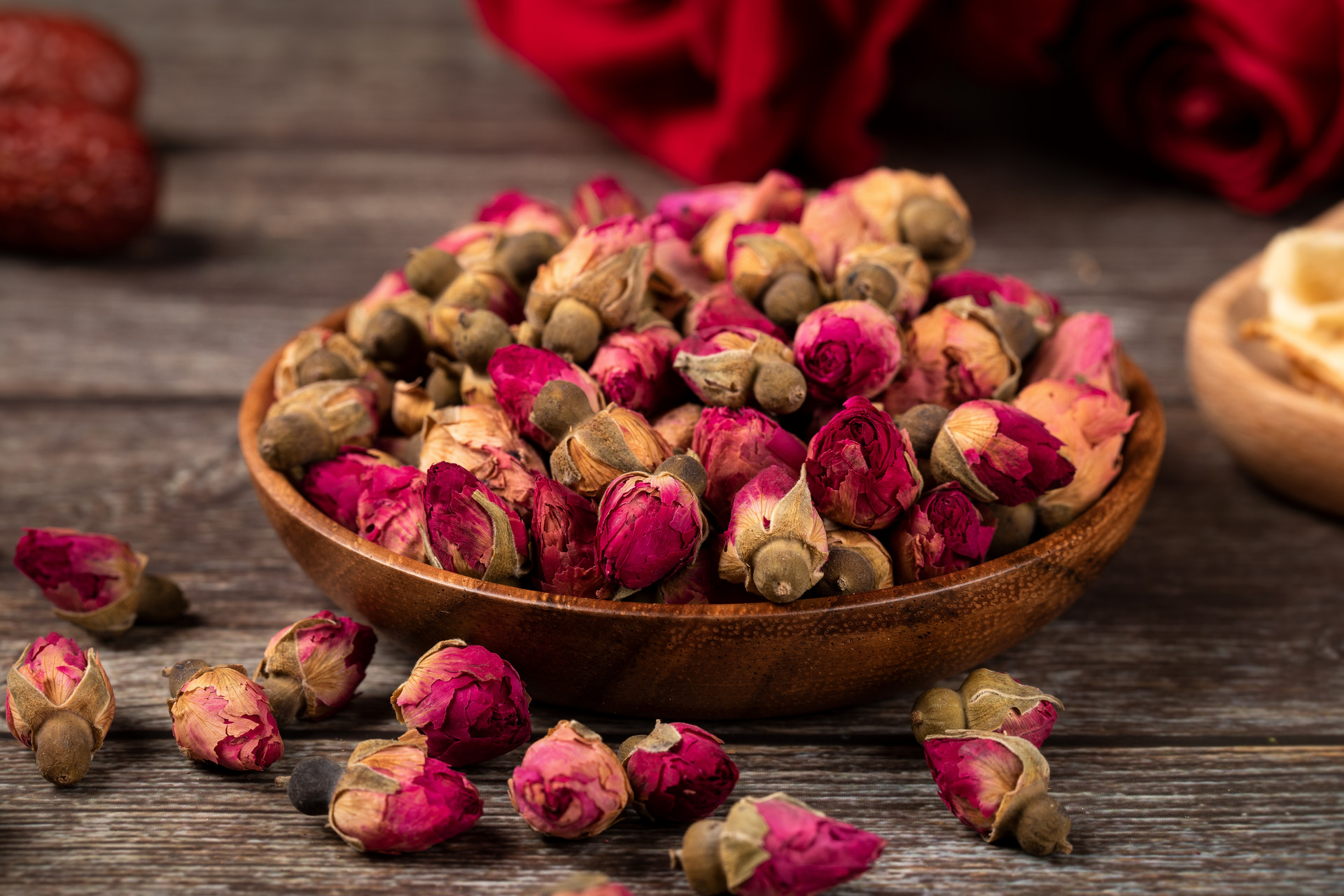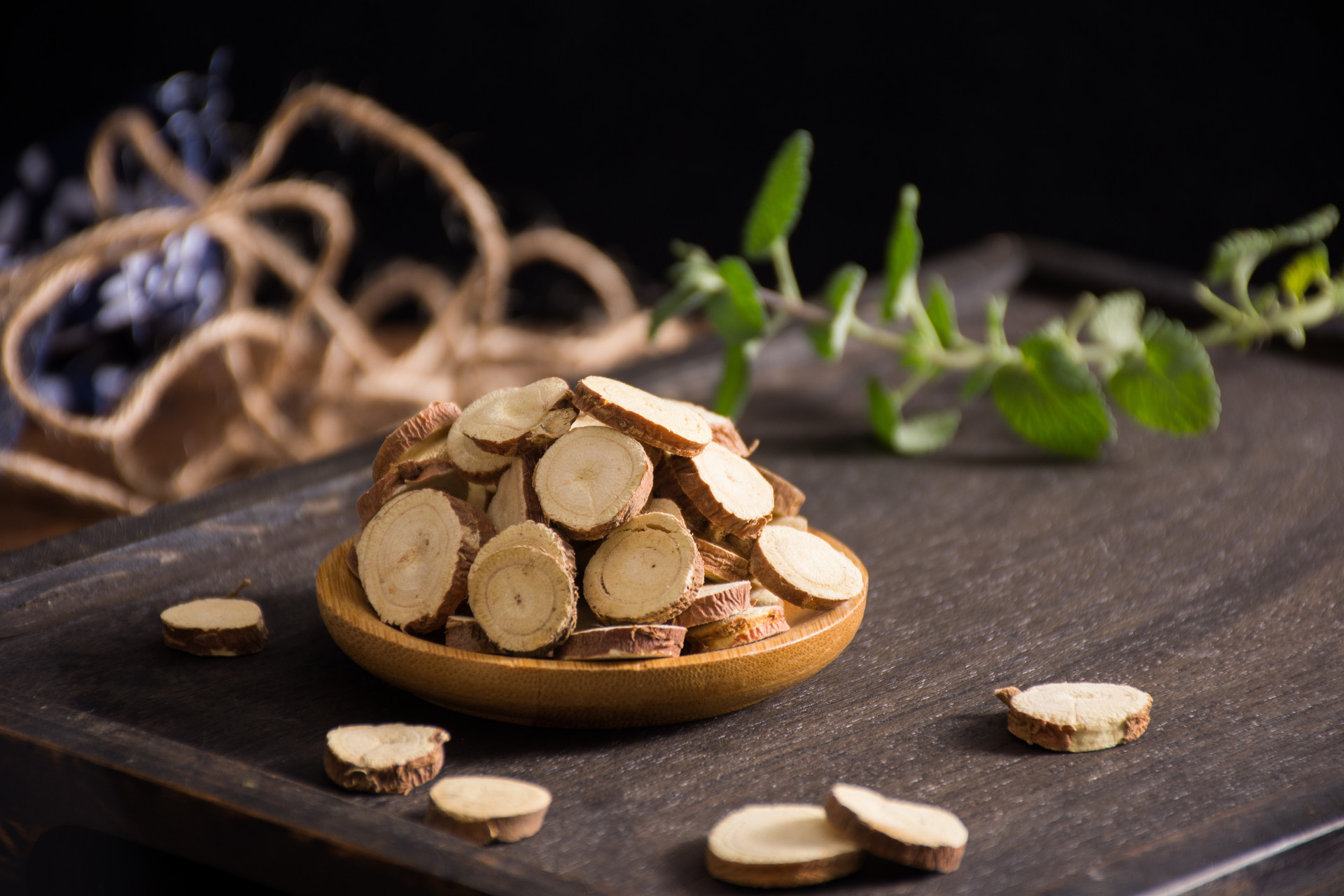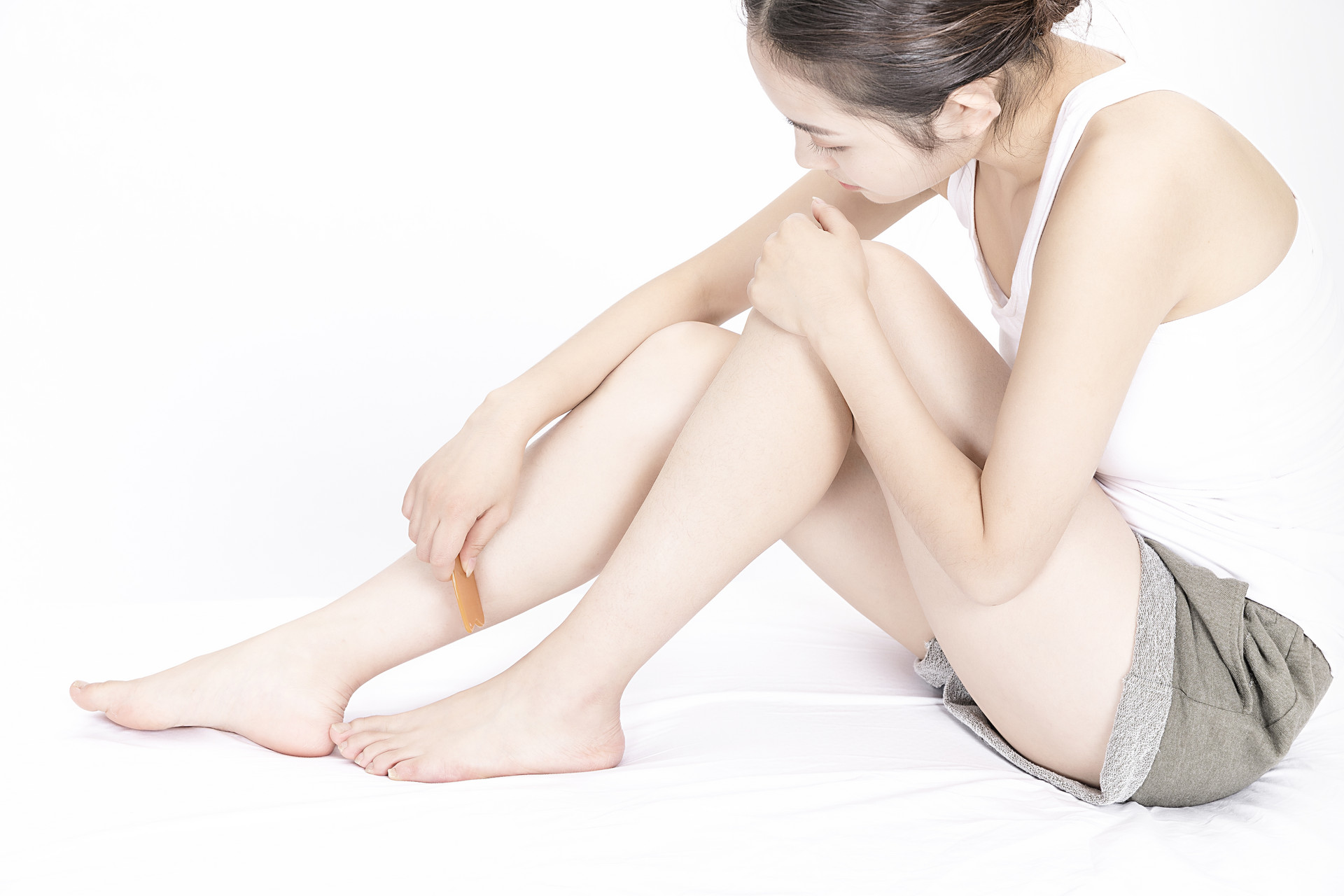- Home /
- General Life Knowledge /
- Contents
What to do about menstrual cramps
Everyone Is Watching
-
 Understanding Dysmenorrhea: Causes, Symptoms, and Natural Relief Methods
Understanding Dysmenorrhea: Causes, Symptoms, and Natural Relief MethodsTraditional Chinese medicine believes that the main causes of dysmenorrhea (also known as menstrual cramps) are emotional discomfort, liver qi stagnation, qi stagnation and blood stasis, sensitivity t
April 17, 2024 -
 Relieving Menstrual Pain: Traditional Chinese Medicine Prescriptions and Remedies
Relieving Menstrual Pain: Traditional Chinese Medicine Prescriptions and RemediesMenstrual pain in women is known as dysmenorrhea, which can greatly affect their daily life and work. So, what can be done to relieve menstrual pain? There are many treatment methods for dysmenorrhe
April 5, 2024 -
 Alleviating Menstrual Pain: Foods and Tips for Relief
Alleviating Menstrual Pain: Foods and Tips for ReliefMenstrual pain is something that every woman can relate to. The monthly experience of pain is a symbol of growth and strength for every woman. People often say, "Toothache is not a disease, but it can
March 31, 2024 -
 Relieve Menstrual Pain with Gua Sha: Effective Techniques and Prevention Methods
Relieve Menstrual Pain with Gua Sha: Effective Techniques and Prevention MethodsGua sha is a form of external treatment in traditional Chinese medicine, which is now widely used as a method of health preservation. It has a wide range of benefits, not only for health maintenance b
March 17, 2024 -
 Tips for Managing Menstrual Pain and Discomfort
Tips for Managing Menstrual Pain and Discomfort1. Avoid eating raw and cold vegetables, fruits, and ice-cold drinks. Eating raw and cold food slows down blood circulation, affecting uterine contractions and menstrual blood flow, leading to mens
March 15, 2024

Hot Picks
-
 1Mosquitoes in Autumn: Increased Danger and Prevention Measures
1Mosquitoes in Autumn: Increased Danger and Prevention MeasuresAs the saying goes, "In August, mosquito bites are like flowers." Many people think that mosquitoes are most active in summer. In fact, in early autumn, mosquitoes are not only abundant but also more
October 29, 2023 -
 2Home Remedies for Burns and Scalds: Natural Approaches for Quick Relief
2Home Remedies for Burns and Scalds: Natural Approaches for Quick ReliefBurns and scalds are common problems in daily life, and many people seek home remedies for treating them. Here, we introduce some home remedies for burns and scalds in the hope of helping everyone.R
October 24, 2023 -
 3Clever Uses for Spoiled Milk: From Shoe Polish to Plant Care
3Clever Uses for Spoiled Milk: From Shoe Polish to Plant CareThe scorching summer is a season when many foods are prone to spoilage. If you encounter expired or spoiled milk, you may feel it's a shame to throw it away. Here are several clever uses for spoiled
October 18, 2023 -
 4Is it Safe to Drink Overnight Tea?
4Is it Safe to Drink Overnight Tea?Overnight tea loses its original color and nutrients due to its prolonged storage time, especially in hot summer temperatures where it is more prone to spoilage. Can overnight tea still be consumed?
October 17, 2023 -
 5Recovery Time and Tips for Wisdom Teeth Extraction
5Recovery Time and Tips for Wisdom Teeth ExtractionWisdom teeth, also known as third molars, refer to the innermost third molars on the mandible. Some people have them erupt early in life, while others may not have them until middle age or may never
October 14, 2023

